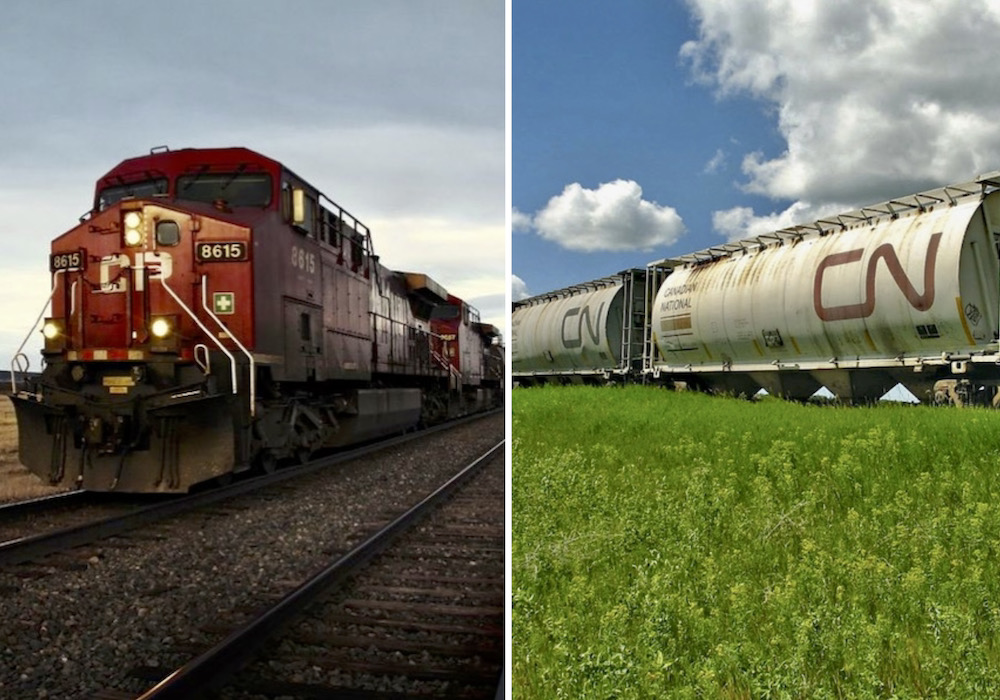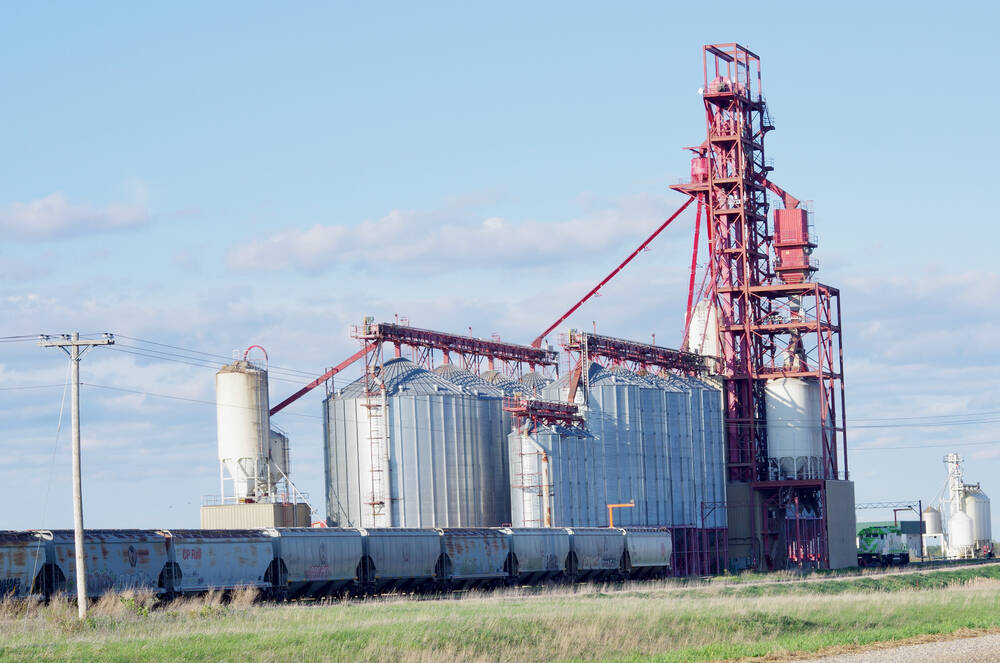Senators Black, Robinson urge ministers to intervene in rail dispute

Senators Rob Black and Mary Robinson have urged federal ministers to intervene to prevent a rail strike or lockout, according to a letter posted to social media this morning.
“The agriculture sector has already endured numerous labour disruptions in recent years… It is imperative that we explore long-term solutions to reduce the risk of future labour disruptions and ensure the stability of our supply chains,” wrote Robinson and Black in a letter dated Aug. 20.
Robinson and Black addressed Transport Minister Pablo Rodriguez, Labour Minister Steven MacKinnon, Energy and Natural Resources Minister Jonathan Wilkinson, and Agriculture Minister Lawrence MacAulay, and urged them to invoke section 107 of the federal labour code to “bring about a resolution.”
Read Also

Fertilizer Canada calls for federal interference in rail dispute
Fertilizer Canada, and many other farm organizations in Canada, are calling for binding arbitration to stop both strike action and lockouts.
Black is a senator for Ontario and is chair of the Standing Committee on Agriculture. Robinson is a senator for Prince Edward Island and has held leadership positions in the agriculture sector, including the presidency of the Canadian Federation of Agriculture.
MacKinnon has urged Canadian National (CN), Canadian Pacific Kansas City (CPKC), and the Teamsters union to work hard to reach a deal but has thus far declined to force their hands.
Federal mediators are working with the companies and the union, but those involved in the discussion say little progress has been made. The union says CN Rail and CPKC want to dilute safety provisions, a charge the companies deny.
Asked what the federal government would do to alleviate effects of a strike on farmers, MacAulay said in an emailed statement this morning that he was closely monitoring the situation and was in regular contact with his government colleagues.
“Our government has always supported free, collective bargaining and the right to strike, but we need to get a deal done for Canada’s agriculture sector and our farmers,” he said.
“I join the Minister of Labour in calling on all parties to remain at the table and negotiate a deal. This is vitally important for Canada’s farmers, workers, businesses, and all Canadians who depend on them.”
Aside from stepping in to stop a strike or lockout, the federal government may not have much leeway to alleviate farmers’ pain in the event of a work stoppage, said Barry Prentice, a professor and director of the University of Manitoba Transport Institute.
“One only has to consider the numbers of farmers and the size of the grain harvest to eliminate doing anything meaningful financially for the farm sector in the wake of the strike,” he said.
“Also, governments must be very careful not to make any assistance be interpreted as a production subsidy. Canada depends on access to foreign grain markets and we do not want to be accused of unfair trade practices.”
Unless labour agreements are reached, both railways could grind to a halt tomorrow. Trains are already winding down in anticipation of a strike or lockout.
—With files from Reuters
Source: Farmtario.com

